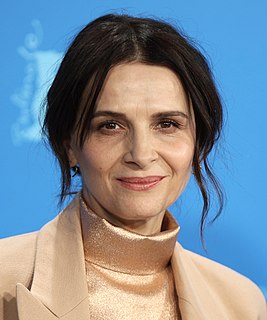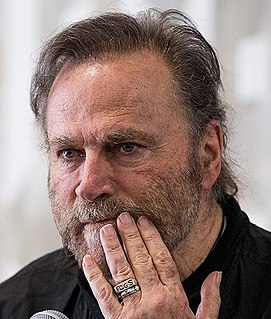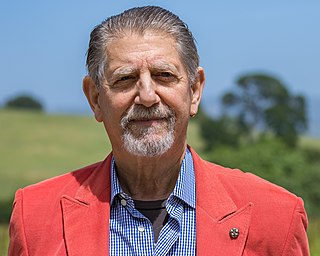A Quote by Pedro Almodovar
If I make a movie in English, the money will come from Europe, so that I can keep my independence and freedom. The way they produce in Hollywood doesn't fit me.
Related Quotes
I have a romantic comedy I'd love to make, but I can't get the money for it. It's hard to get people to give you money for an arty romantic comedy when you've done a horror movie. So I can just sit there and keep complaining about that, or I can go make another horror movie this year. People will get behind me on that, because I'm relatively bankable. As long as I can do my own thing with it, I'll keep doing it.
I think every filmmaker in Europe would be lying if they didn't say one day they just wanted to make a movie here in Hollywood or at least try it. It's very different from European filmmaking, because here it's like a real industry. It's very much about money and making money, which I think is fine, because it's very expensive to make movies.
I believe that if we don't offer legal ways of emigrating to Europe and immigrating within Europe, we will be lost. If those who come - who are, generally speaking, the poor and needy - are no longer able to enter the house of Europe through the front door, they'll keep making their way in through the back windows.
I can tell you as a fact that if you'd asked anyone in Hollywood one year before 'Pirates of the Caribbean' had come out, they'd have told you the pirate movie was a dead genre. And it's not that it's a dead genre. If you make a bad pirate movie, no one will want to see it. If you make a good one, everyone will want to see it.






































